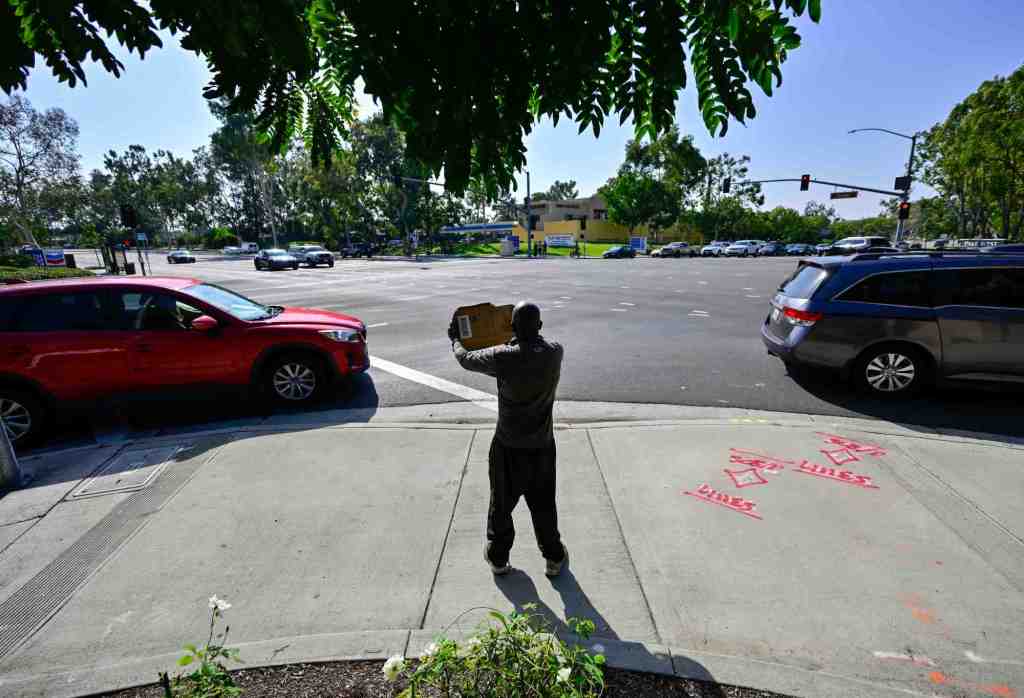The numbers – and the message they sent – were stark:
This spring, when asked by pollsters from UC Irvine to rank the biggest problems facing Orange County, local residents listed homelessness 71% of the time and a related issue, lack of affordable housing, 69% of the time. The next biggest problems – traffic, taxes and crime – drew just 47%, 45% and 41%, respectively.
What’s more, large majorities of locals, of all ages and political leanings, told UCI’s pollsters that if public spending would fix those top two issues they’d be willing to pay more in taxes to make it so.
Even in a county where voting patterns recently have shifted from majority conservative to Democrat-leaning purple, the polling findings represent a significant shift.
“It shows, clearly, that people in Orange County want to fix the housing crisis,” said Jon Gould, dean of UCI’s School of Social Ecology, which oversaw the poll.
Gould, who took the UCI job early last year after a long career in Washington, D.C., added:
“From what I gather, this is a new sentiment,” Gould added. “But the data isn’t ambiguous.”
It’s also part of a bigger picture, according to people working to help and house the unhoused. Experts point to several recent events that suggest new attention, if not a totally new era, is at hand in the fight to reduce homelessness.
These include:
• Early last year, California rolled out CalAIM, which streamlines state spending on Medi-Cal services in a way that makes it easier to help, among others, people experiencing homelessness. It’s a first-in-the-nation program that experts say might spread to other states if it works here.
• About a year ago, former U.S. Rep. Karen Bass turned a tight mayoral race in Los Angeles into a nine-point win with a campaign built on the promise to fix the city’s homelessness problem.
• Over the past few years, in many local cities, elected officials who once balked at using municipal money to help those…
Read the full article here







